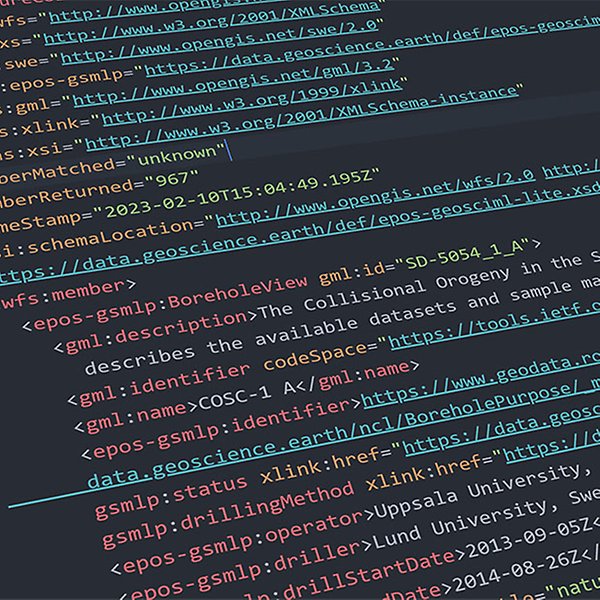European Plate Observing System (EPOS)
EPOS is a research infrastructure that provides data and services about the solid Earth in a homogenised and interoperable manner. EPOS facilitates access to multidisciplinary, trans-national data through a single access point. Researchers can explore and combine data sets in new ways and use them for innovative science, amongst others by direct integration with other research infrastructure like distributed computing resources for analysis and visualisation. EPOS addresses the needs of both, basic and applied research. Basic research is concerned with the fundamental understanding of the planet Earth. Applied research includes topics like the understanding and attempt of predicting natural hazards like earthquakes, landslides and volcano eruptions. EPOS data and services can also be utilised for research on natural resources, like ore, groundwater and renewable and fossil energy. In addition, they can be used to study how such resources can be exploited in the most environmentally friendly way. EPOS, as the European research infrastructure for solid Earth sciences data, has the potential to substantially contribute to a deeper understanding of the interactions between geosphere, biosphere and atmosphere, including the climate system and societal questions like natural disaster and climate change mitigation.
EPOS consists of the international research infrastructure “EPOS-ERIC” (a ”European Research Infrastructure Consortium”; www.epos-eu.org), and the national ”EPOS Sweden” consortium (www.epos-se.se). Sweden is a member country of EPOS-ERIC and EPOS Sweden manages the Swedish contribution to EPOS-ERIC. The latter includes the provision of Swedish data to EPOS-ERIC and outreach to the Swedish user community.
Related information
Contact
Henning Lorenz, Project coordinator at the Department of Earth Sciences

